Proper Use of Tools
Using the correct tools is crucial for safe and effective garage door repairs. Make sure to choose tools specifically designed for these tasks, such as socket wrenches, screwdrivers, and lubricants formulated for garage door mechanisms.
Ensure that your tools are in good condition, as defective tools can cause injuries or further damage. Before starting any work, refer to your garage door’s user manual for guidance on any specific tools recommended for your door model. Always wear appropriate safety gear, like gloves and safety goggles, to protect yourself from sharp edges and debris.
Securing the Garage Door
Before beginning any repairs, it’s essential to secure the garage door to prevent unintended movement. Start by disconnecting the power supply to the garage door opener to avoid accidental activation.
Use clamps or brackets to hold the door in place, especially when working near the springs or lifting mechanisms, as these components can release energy unexpectedly. If you’re using a ladder, make sure it’s stable and properly positioned. It’s also advisable to have a second person present to assist and provide an extra layer of safety.
Hiring a Professional Repair Service
Selecting the Right Service Provider
Begin by researching local garage door repair companies. Look for providers with positive customer reviews and a strong track record. Online ratings can offer insights into their reliability and quality of work.
Verify that the company is licensed and insured to protect yourself from liability in case of accidents during the repair. Additionally, inquire about the technicians’ qualifications and training. Experienced professionals can diagnose issues more efficiently and ensure proper installation of parts. Getting referrals from friends or family can also help you choose a reputable provider.
Cost Considerations
Cost is an important factor when hiring a repair service. Request quotes from multiple companies to compare prices and avoid overpaying. However, be cautious of unusually low prices, as they may indicate poor workmanship or the use of substandard parts.
Ask for a breakdown of costs so you understand what you’re paying for, including labor, parts, and any additional fees. It’s also wise to inquire about warranties on both parts and labor. A reputable provider should offer some form of guarantee, which can save you money if issues arise after the repair is completed.
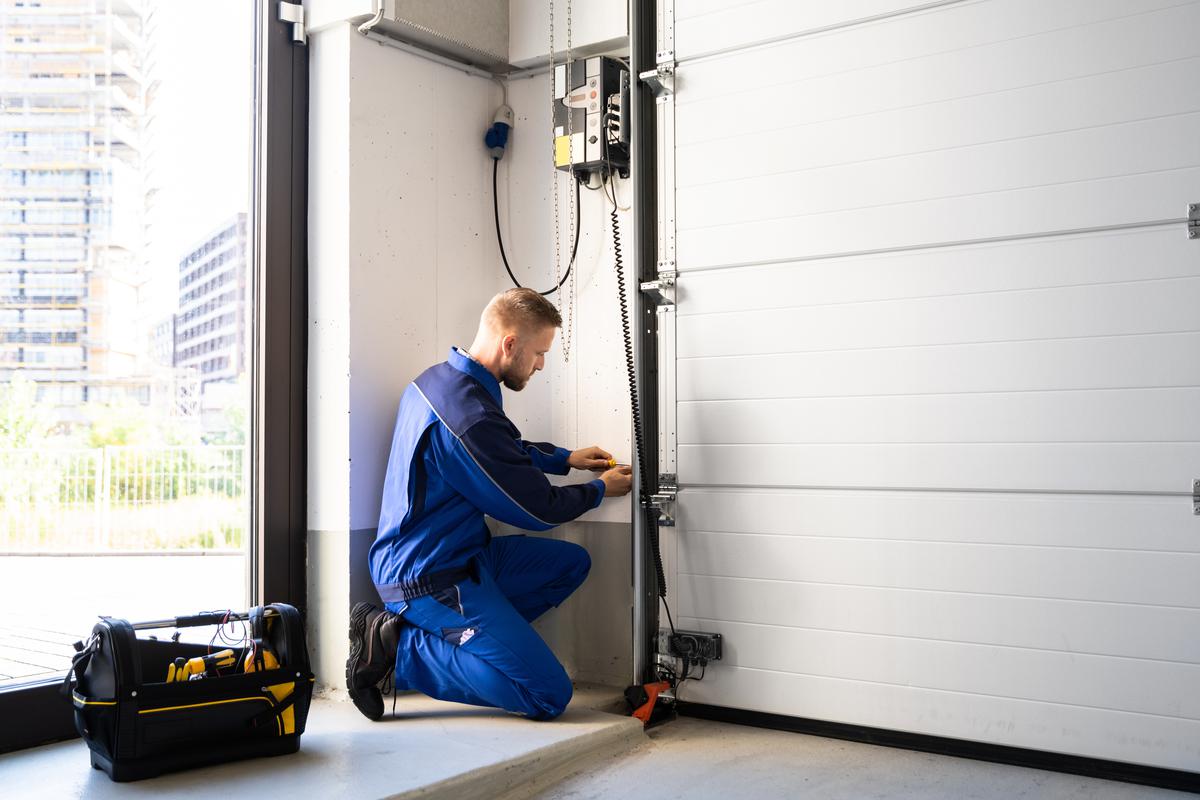
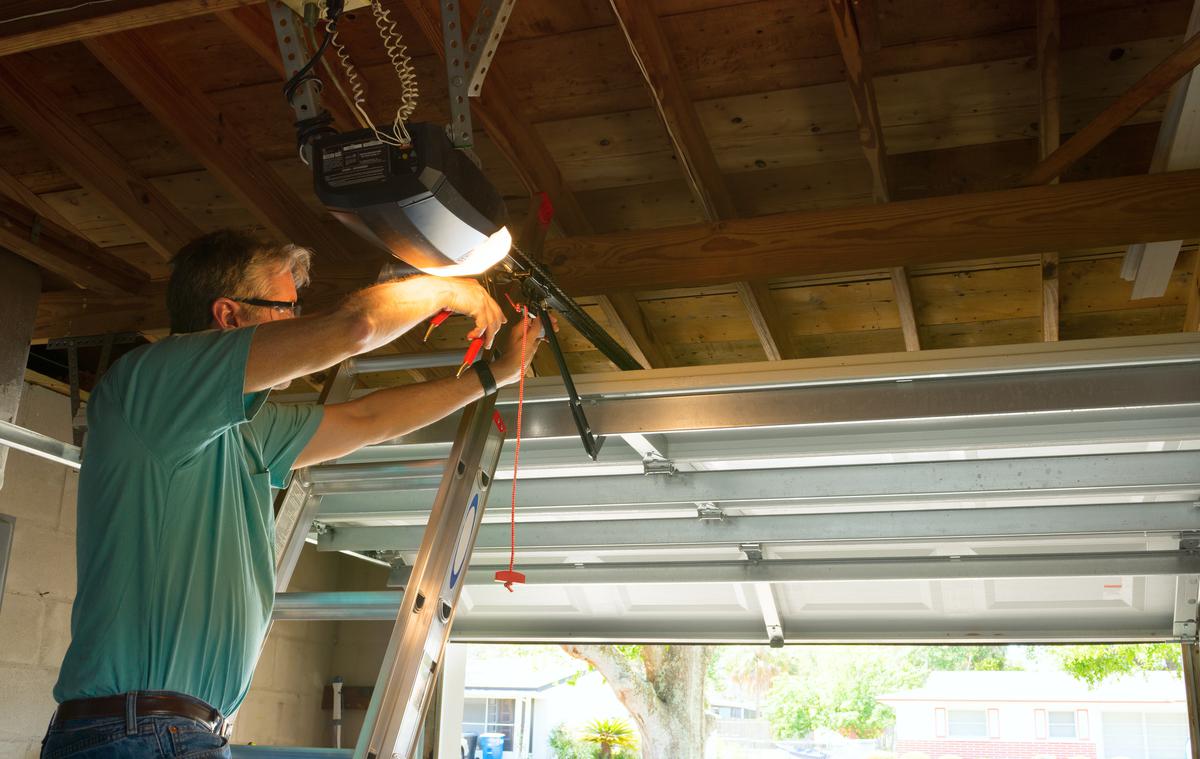
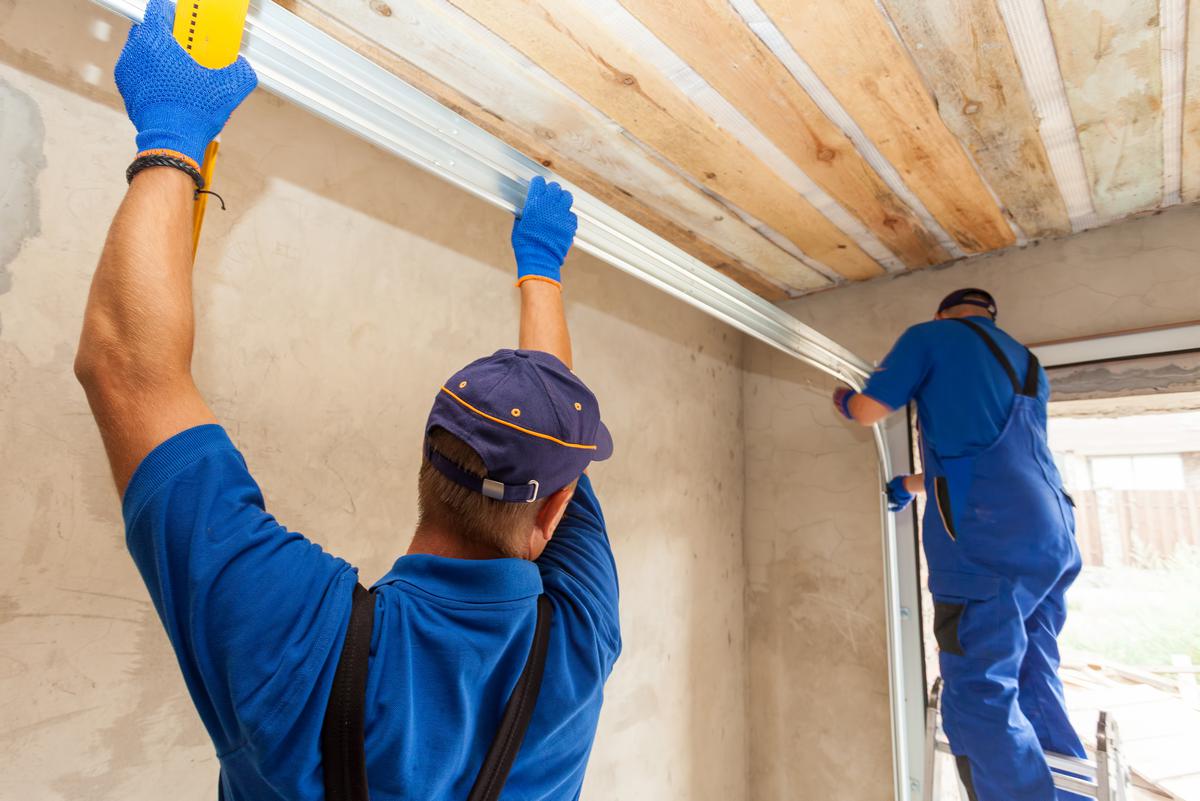

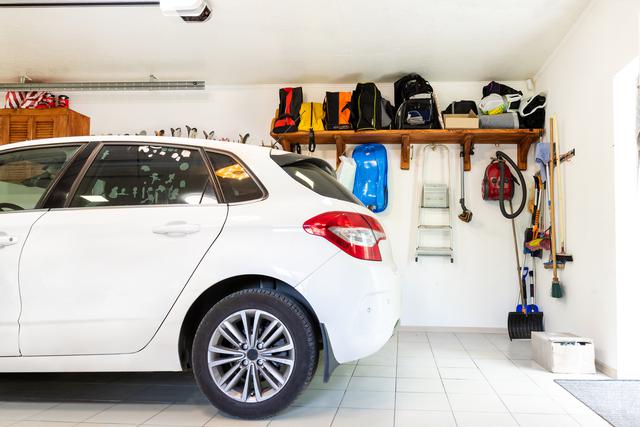
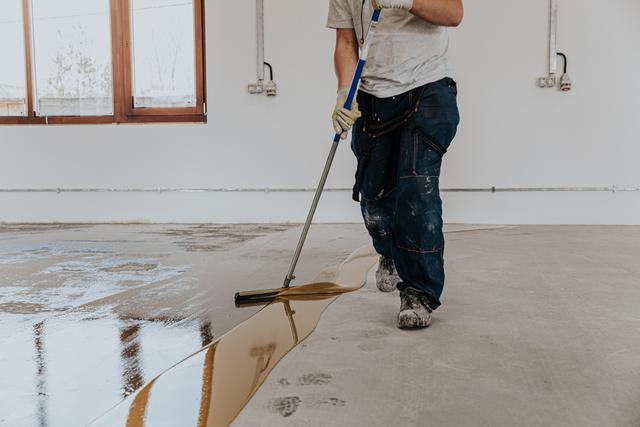
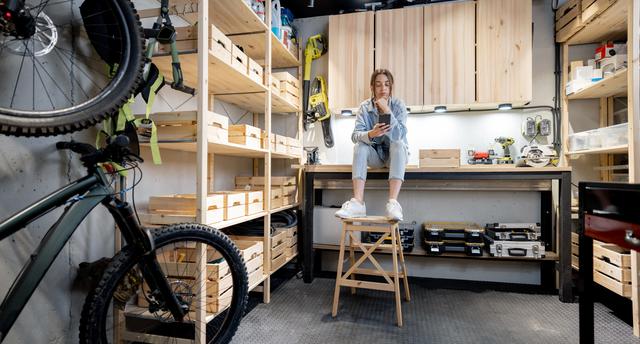
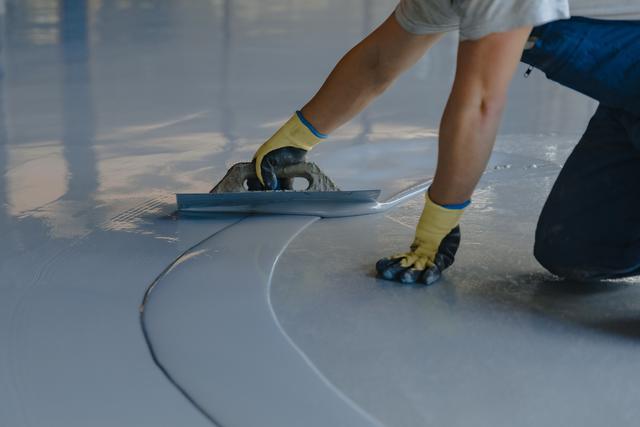
comments